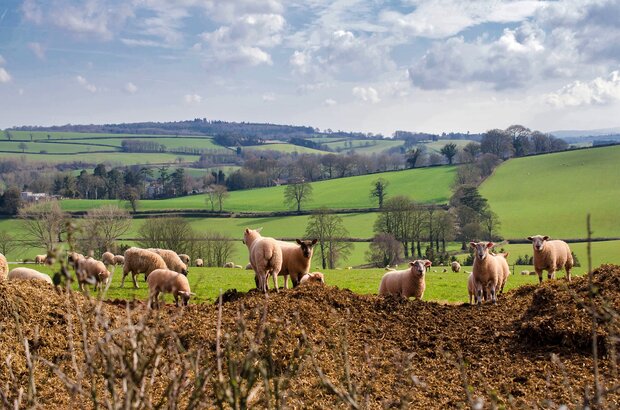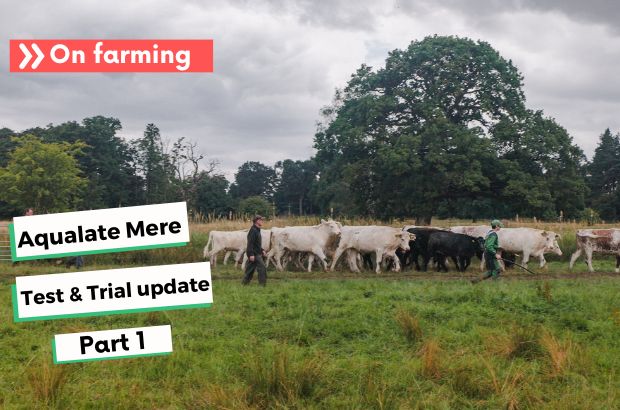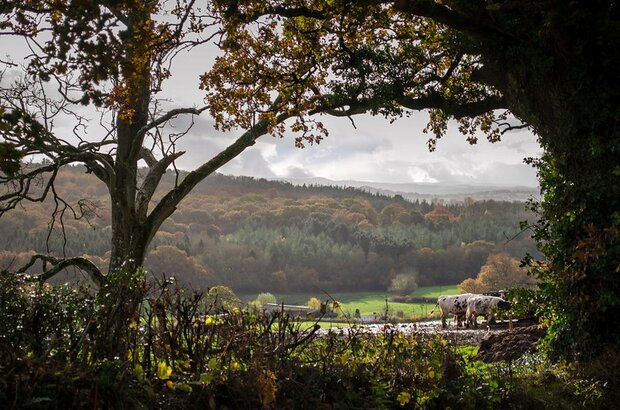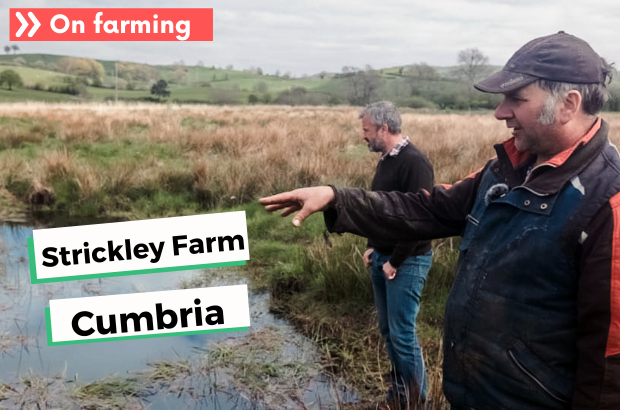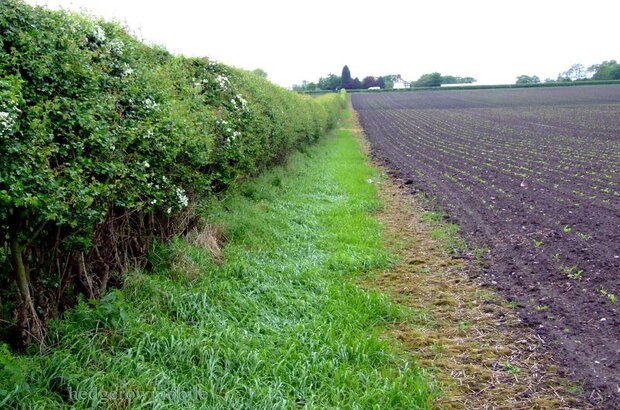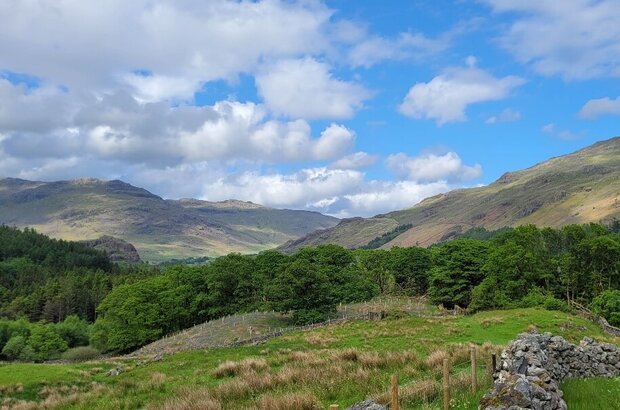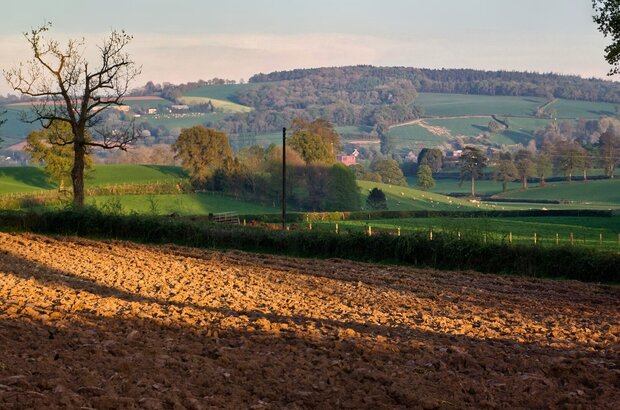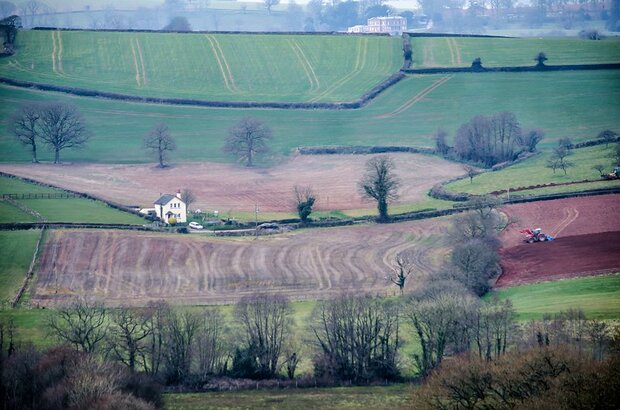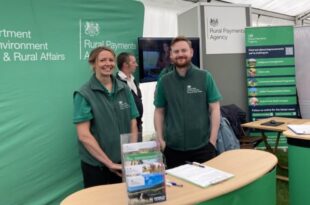In March, we took another step forward on the Animal Health and Welfare Pathway by launching the first round of the Animal Health and Welfare Equipment and Technology Grant. In this post, we'd like to invite you to help us shape the next round.
In this film, farmers from the Aqualate Mere catchment share their experiences of taking part in Tests and Trials. This test created a land management plan and worked to set priorities for the catchment, incorporating biodiversity, water quality and carbon sequestration.
The window for applications for Countryside Stewardship Higher Tier closed in April. Mid Tier and Wildlife Offer agreements are still open for applications until 18 August 2023. A number of 3-year capital grants are also open to help achieve specific environmental benefits, including a new Higher Tier Capital grant, woodland tree heath grants and Woodland Management Plans. In this post, we’ll set out the process for assessing applications and provide an update on the number of applications being taken forward.
In this film, farming facilitator Danny Teasdale took us to Strickley Farm in Cumbria, to meet dairy farmer James Robinson. Danny and James show us a piece of farmland that has always been unproductive and prone to flooding. James and Danny explain how they re-meandered the stream through the flooded area to create a natural habitat for wildlife that can also be used for grazing livestock.
From 24 July, agri-tech businesses in the UK will be able to apply for a share of £5 million to further their enterprise through the Farming Innovation Investor Partnership competition. The competition documents are available to read now.
There’s still time for you to apply for a Water Management grant before the window closes on 12 July. The grant is available to horticultural and arable businesses growing, or intending to grow, irrigated food crops, ornamentals, or forestry nurseries. The maximum grant available is £500,000 per applicant per funding round. The minimum grant you can apply for is £35,000.
Hedgerows store carbon, support crop pollinators, create habitats for animals, slow water flow and create shade and fodder for animals. We want to protect the hedges we have, invest in their maintenance and support further planting. We also want to make sure that hedgerow regulations work for wildlife, the environment and farmers. Today we launched a consultation on hedgerow protections in England and we want your views.
In the first round of Landscape Recovery, £12 million of development funding was awarded to 22 projects in England. This money supports plans to restore rivers, boost biodiversity and much more. The projects represent hundreds of farmers and landowners working together to deliver significant environmental change. One such project is the Upper Duddon Landscape Recovery Project, for which I am project lead. In this post, I will shine a light on our work.
This year, the Sustainable Farming Incentive (SFI) offer will be bigger and more flexible. We'll start accepting applications for the new offer in a controlled rollout from August. Learn how SFI can provide a steady income, help make your farm more productive and support you to produce food sustainably.
We recently asked you to help us shape the list of items under the Productivity and Slurry theme of the Farming Equipment and Technology Fund (FETF). The survey was due to close on 3 July. However, in response to requests to keep the survey open for a little longer, we’ve extended the deadline to midday, Wednesday 12 July.
